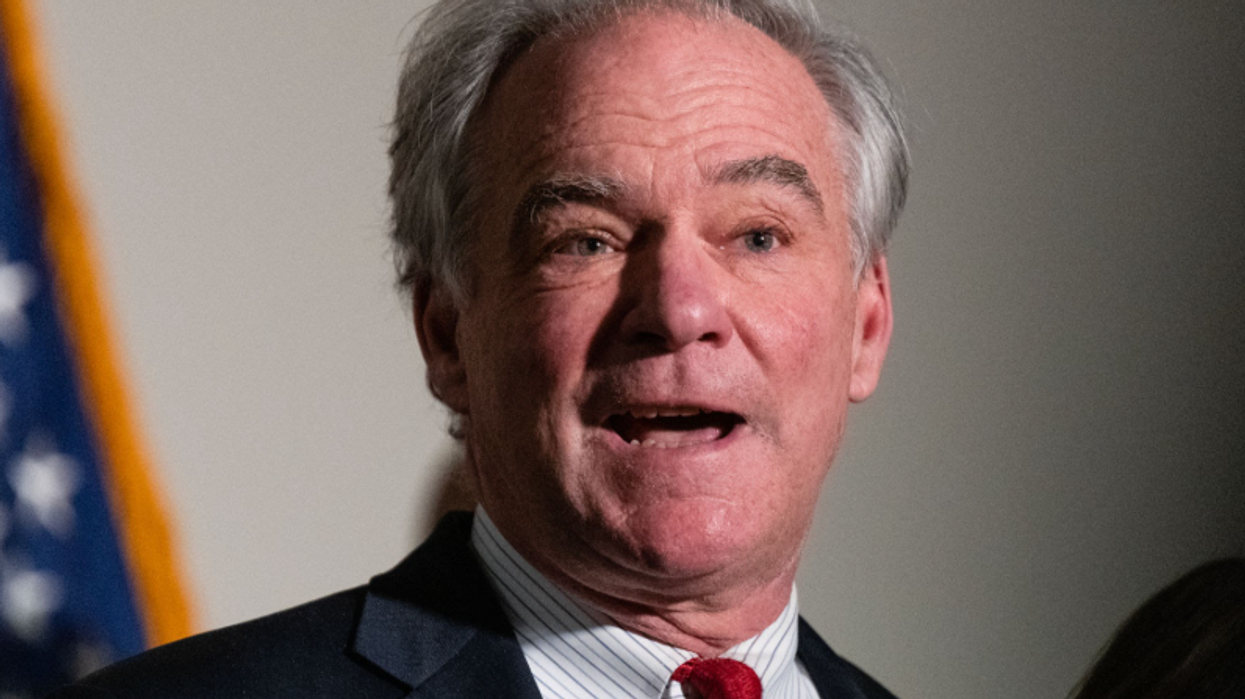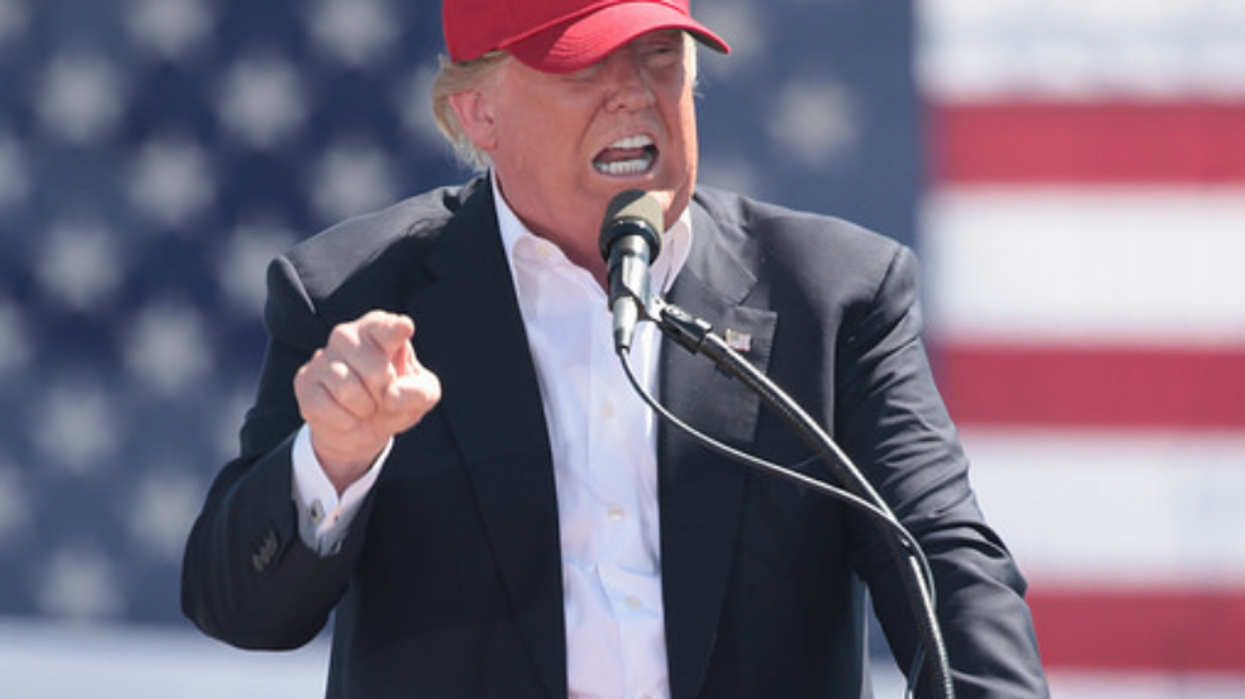What Bad Bunny's Halftime Show Told Us About Latino Voters And Trump
Latino culture is deeply steeped in the very values that conservative America claims to revere—faith, family, and tradition.
The church remains a central institution in many Latino communities, not just as a place of worship but as a social and moral anchor. It is where people gather, organize, grieve, celebrate, and find meaning.
Family is not an abstraction but a lived reality, with multigenerational households, deep obligations to parents and grandparents, and a cultural expectation that family comes before individual ambition or self-actualization.
Traditional gender roles are still present, shaped by long-standing cultural norms rather than academic theory or political fashion. There is a reason Latinos overwhelmingly rejected the “latinx” nonsense and are now rejecting the latest attempt to de-gender the language with “latine.”
These are not marginal or exotic values. They are the same ones conservatives endlessly invoke when talking about “real America,” only to dismiss or sneer at them when they exist in immigrant communities.
Despite his very overt racism and bigotry, President Donald Trump won a shocking 46 percent of the Latino vote in 2024, according to exit polls. Economics played a role, with desperate voters buying into Trump’s absurd promise of “lower prices on day one.”
But plenty of Americans faced economic hardship without resorting to backing Trump. Too many Latinos felt able to do so because, despite Trump’s open racism, there was cultural alignment—an assumption that his bigotry was aimed elsewhere, at other communities, and not at them.
To understand that alignment, just look at Bad Bunny’s Super Bowl halftime show, perhaps the most succinct and accurate depiction of Latino culture ever broadcast on an American stage.
It opens with workers harvesting sugarcane. Latinos are nothing if not hard workers—forming the backbone of American construction, agriculture, hospitality, and service industries—which conservatives claim to love.
The show then rolls through countless expressions of small-business entrepreneurship: the coconut stand, the shaved ice cart, the nail salon, the jewelry table, the taqueria, the bodega, stacks of concrete blocks waiting to become something permanent. This is the original hustle culture.
The show is saturated with multigenerational family. Abuelitas and abuelitos are everywhere—present, visible, respected. When, exactly, was the last time grandparents featured so prominently in a halftime show? Have they even been featured at all? Probably not.
The imagery is unapologetically masculine: boxers training, men working, men leading women in partnered dancing. It is also unapologetically, traditionally feminine—dresses, curves, sensuality—precisely the aesthetic the tradwife crowd claims to demand. Yet women are not sexualized ornamental props. They are mothers, brides, shopkeepers, workers, and entrepreneurs, grounded in family and community.
Yes, there was a gay couple dancing—for a split second—amid an endless sea of opposite-sex couples dancing, socializing, raising children, and getting married. As Caroline Sunshine, Trump’s 2024 deputy communications director put it:
My partner texted me after the show, “this is the most heterosexual, traditionally gendered thing I’ve seen in ages.” She wasn’t wrong.
Children are everywhere, zigging and zagging across dance floors, homes, and restaurants, because Latinos are pro-children even after they’re born—something conservatives bizarrely forget once abortion is off the table. The scene where Bad Bunny wakes up a kid at a wedding landed hard because it was instantly recognizable. Latino parents take their kids everywhere. Kids don’t get left behind so adults can party, kids are part of the party.
And while Bad Bunny drew attention for giving his Grammy to a younger version of himself, what resonated even more to me was the moment after dancing with Lady Gaga when he turns and twirls a young girl as well. Our children are not accessories. They are central characters in our lives.
Even the queer performers—Ricky Martin, Lady Gaga, and others—were not positioned as transgressive or radical. They simply occupied their place within the broader cultural framework. They belonged. They were part of the family.
Where Latinos fundamentally break from American conservatism is joy.
Joy is not a byproduct of success in Latino culture. Unlike cultures that treat professional status or financial achievement as prerequisites for a meaningful life, Latino culture has long defined success more relationally than materially. To our occasional economic detriment, joy is not deferred until we have the house or the fancy car. It has nothing to do with bank balances. Joy is integrated into daily life and shared whether or not circumstances cooperate.
That joy is not abstract or intellectual. It is physical. It lives in the body. It shows up in dancing that starts early and never really stops—children learning complex salsa steps, being twirled by grandparents right alongside them. Movement is not performance; it is participation. Joy is learned somatically, taught through rhythm, proximity, and repetition, embedded before it can ever be articulated.
It is further expressed through touch. Hugs are long and frequent. If you want to leave a gathering, best announce it 30 minutes before you actually leave, because you’re going to get multiple rounds of hugs and kisses around the room before you are allowed to leave. Affection is public and unembarrassed. Look at Bad Bunny greeting Martin:
Music is the vessel that carries all of this. Latino music is not merely entertainment—it is memory, history, grief, celebration, and connection layered into sound. It is how joy is shared within families and exported to the world. The entire energy of a room can change the second a Celia Cruz song or Rubby Pérez’s “El Africano” hits the rotation, landing just as hard with elders as with children. It truly is something to behold.
Songs become communal property, passed down, danced to, sung together, and remade—over and over again—in new styles for new generations. They form shared connective tissue across time.
You did not need to speak Spanish to feel any of that radiating from that stage. The music, the movement, the intimacy were the message. Joy was not a reward for success, but a way of living, collective, embodied, and freely offered to anyone willing to feel it. Even many MAGA conservatives begrudgingly admitted it spoke to them.
Conservatism, by contrast, is dour, punitive, and obsessed with control. It treats pleasure with suspicion, happiness as frivolous, and celebration as weakness. Trump is venerated for being a billionaire—despite inheriting his wealth—and then sneers at the wounded and dead as “losers,” openly telling his followers, “I don’t care about you, I just want your vote.”
And have you ever seen Trump laugh? It’s rare enough to see him simply smile.
Where Latino culture says life is hard so we dance anyway, modern MAGA conservatism insists life is hard so everyone else should suffer too. The joy on that halftime stage was not accidental. It was defiant. And it was deeply incompatible with the grievance-soaked worldview that now defines the American right.
Markos Moulitsas is founder and editor of the blogging website Daily Kos and author of three books.
Reprinted with permission from Daily Kos

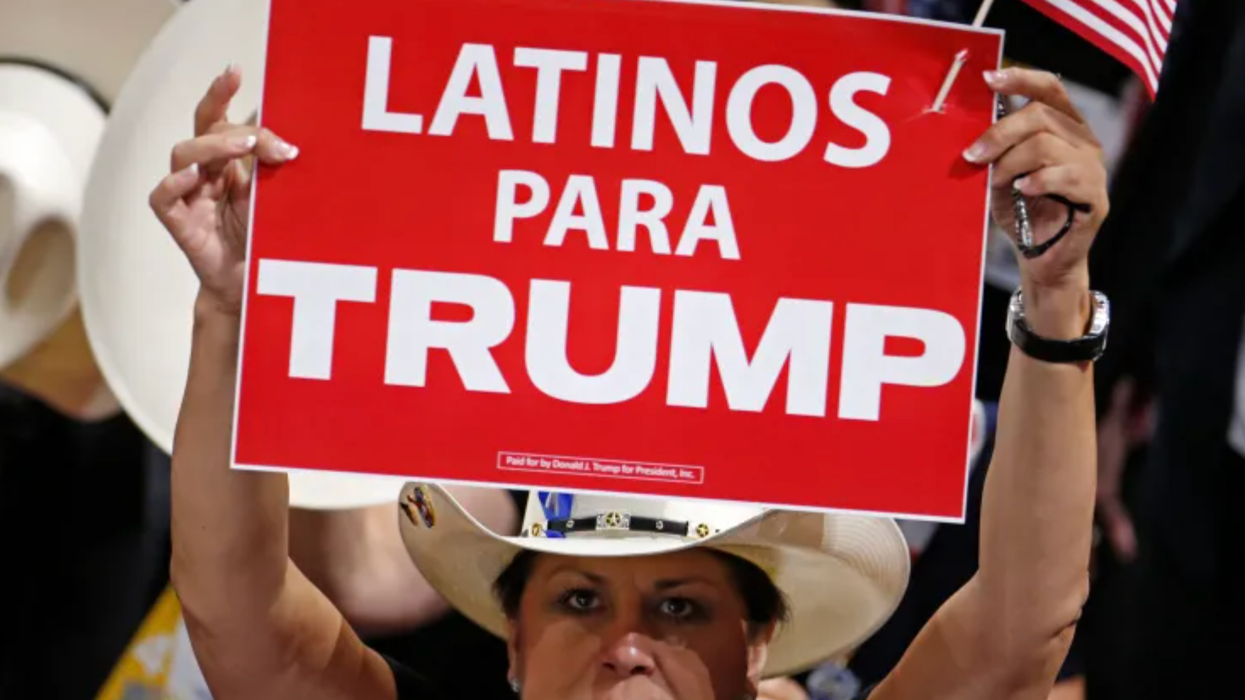
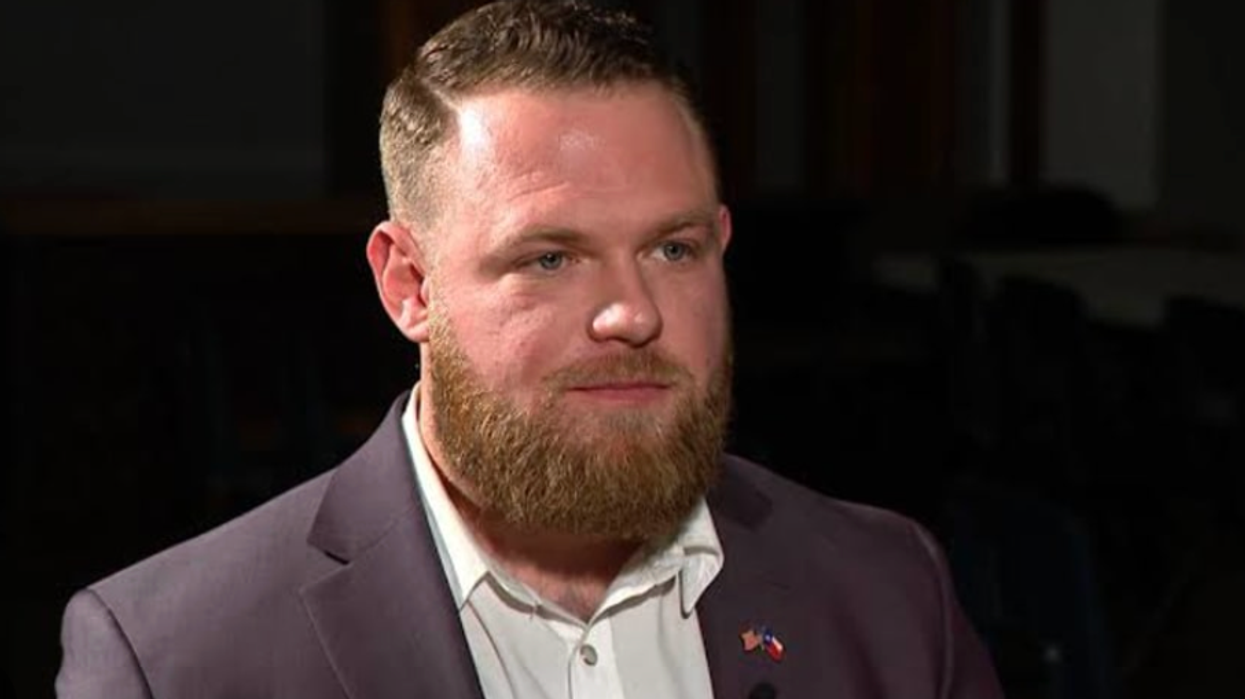
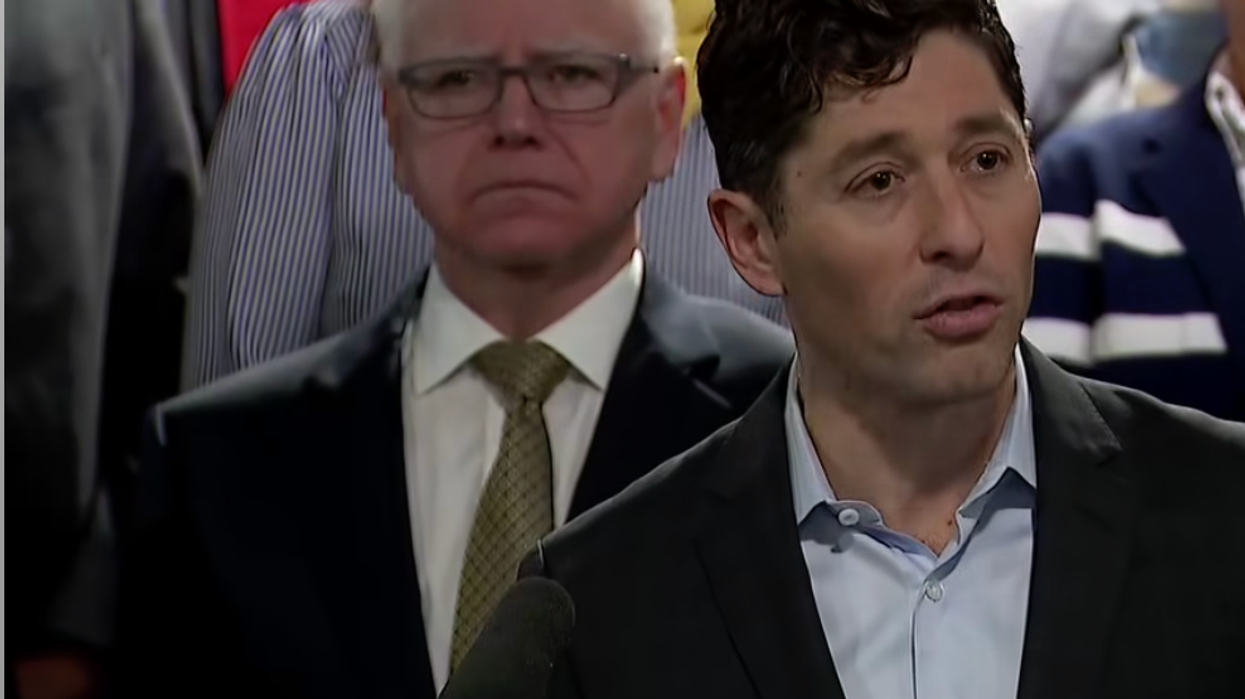
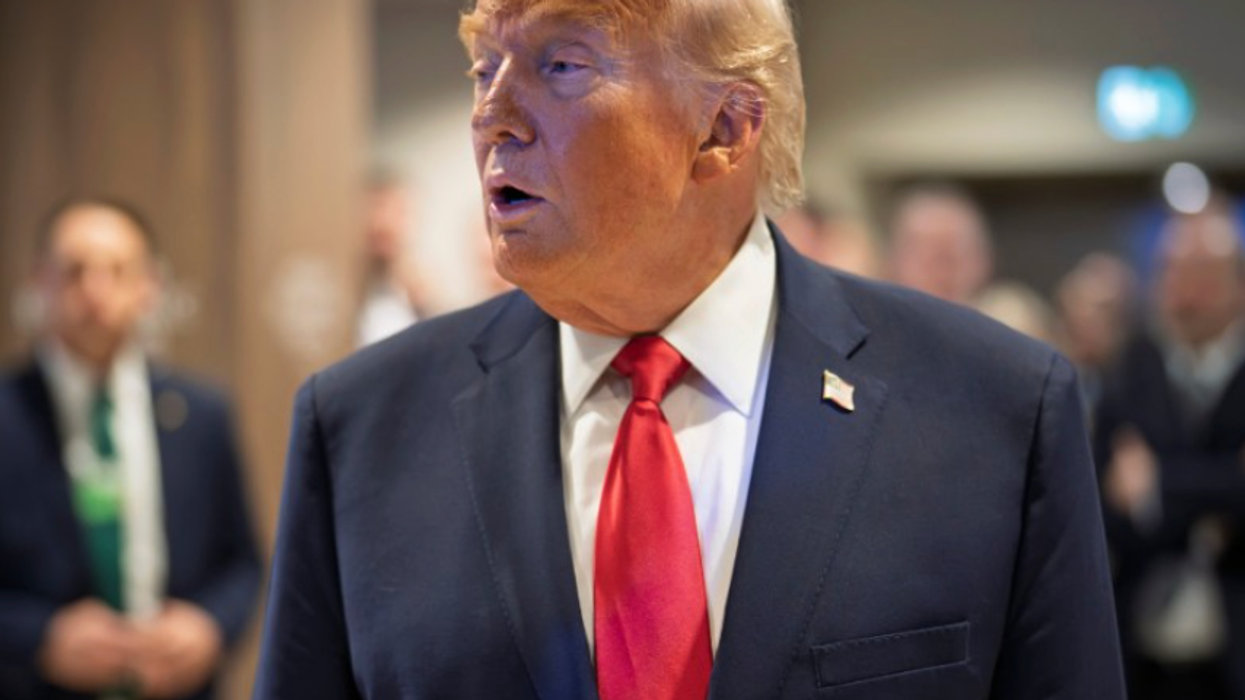
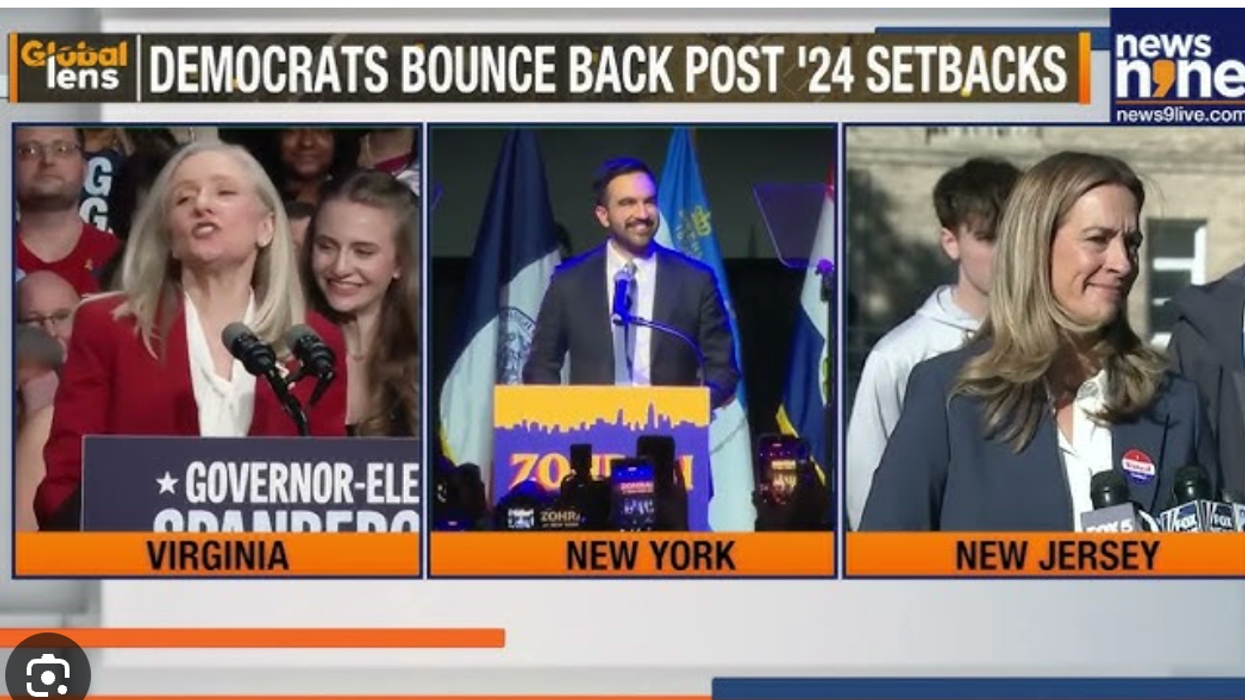









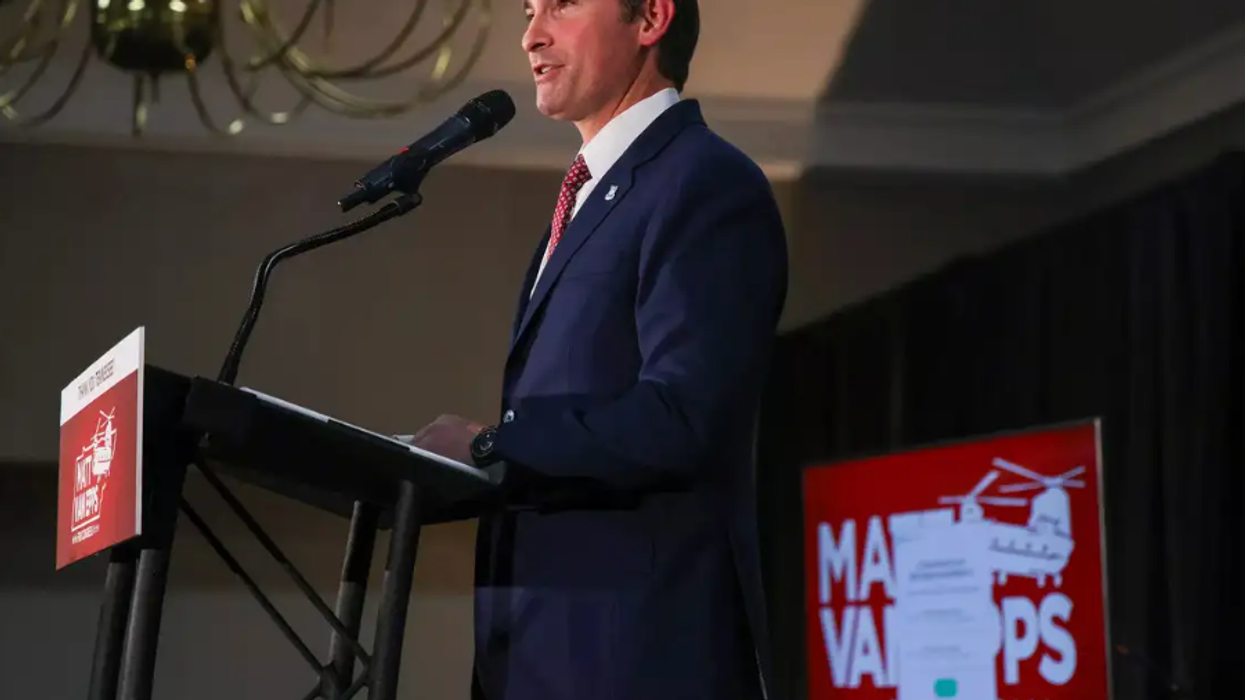

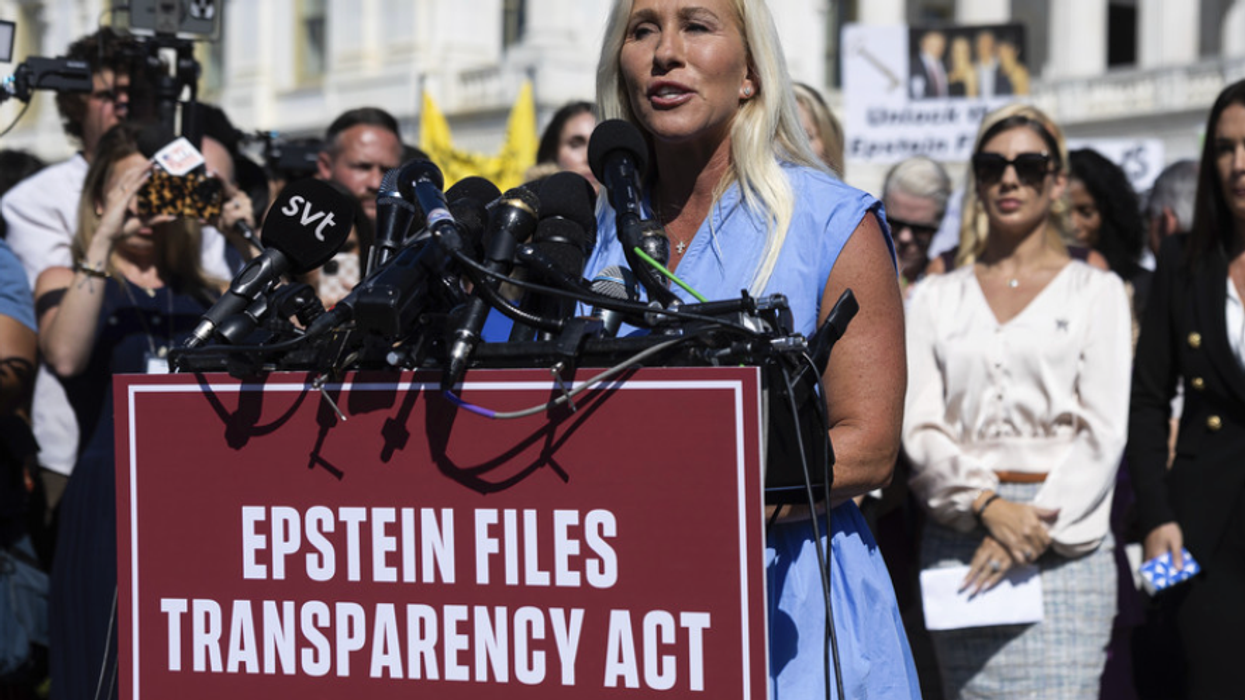
 And that brings us back to Marjorie Taylor Greene. Because what we’re watching with her isn’t just a political rupture or a messy MAGA divorce: It’s the same dynamic playing out yet again. She didn’t care when Trump’s attacks were aimed outward at immigrants, Democrats, journalists, LGBTQ+ people, or anyone else in his long parade of supposed enemies. She didn’t care when the threats, the dehumanization, and the violence were directed at someone else’s family, someone else’s community, someone else’s life. She was an enthusiastic participant.
And that brings us back to Marjorie Taylor Greene. Because what we’re watching with her isn’t just a political rupture or a messy MAGA divorce: It’s the same dynamic playing out yet again. She didn’t care when Trump’s attacks were aimed outward at immigrants, Democrats, journalists, LGBTQ+ people, or anyone else in his long parade of supposed enemies. She didn’t care when the threats, the dehumanization, and the violence were directed at someone else’s family, someone else’s community, someone else’s life. She was an enthusiastic participant.